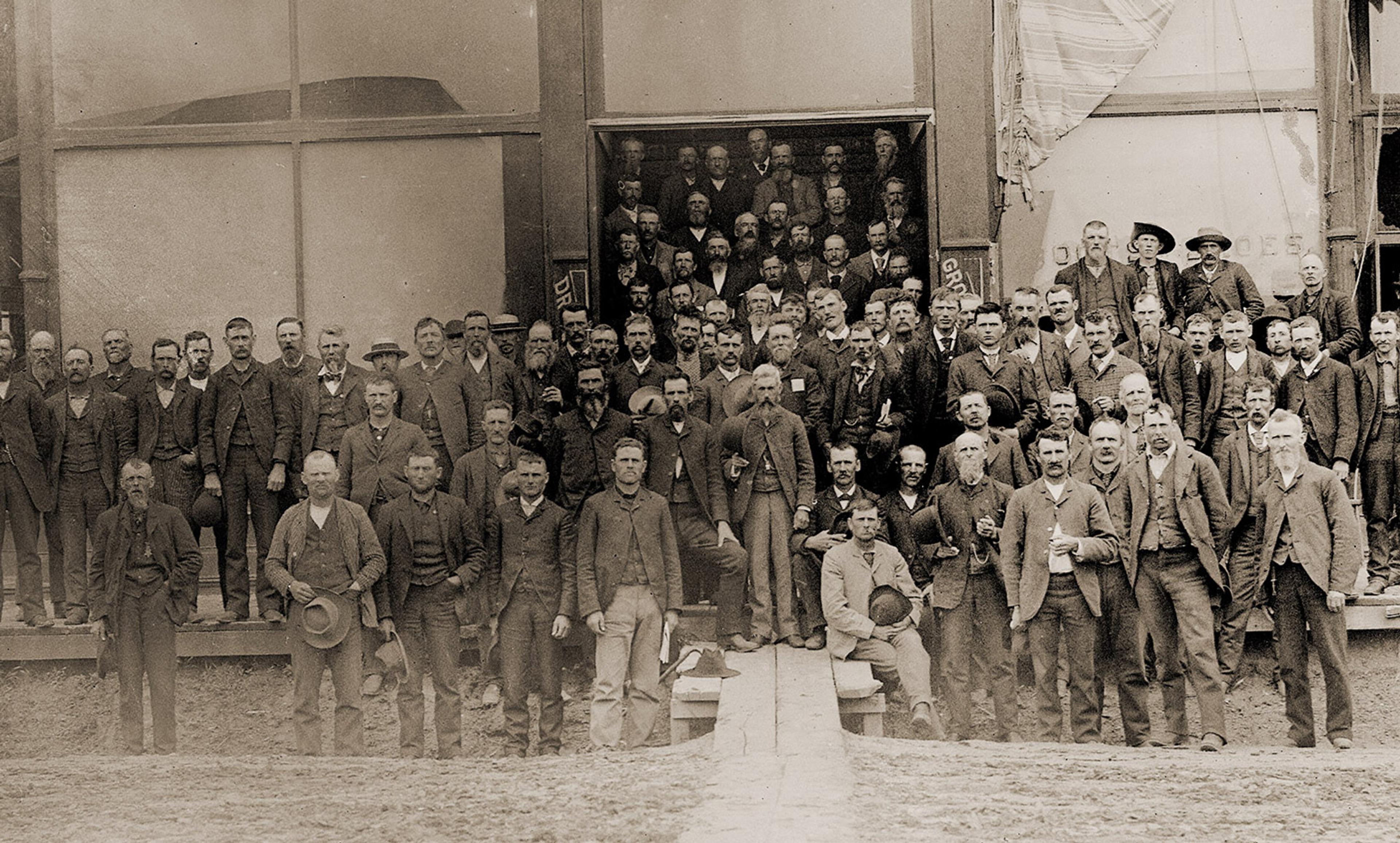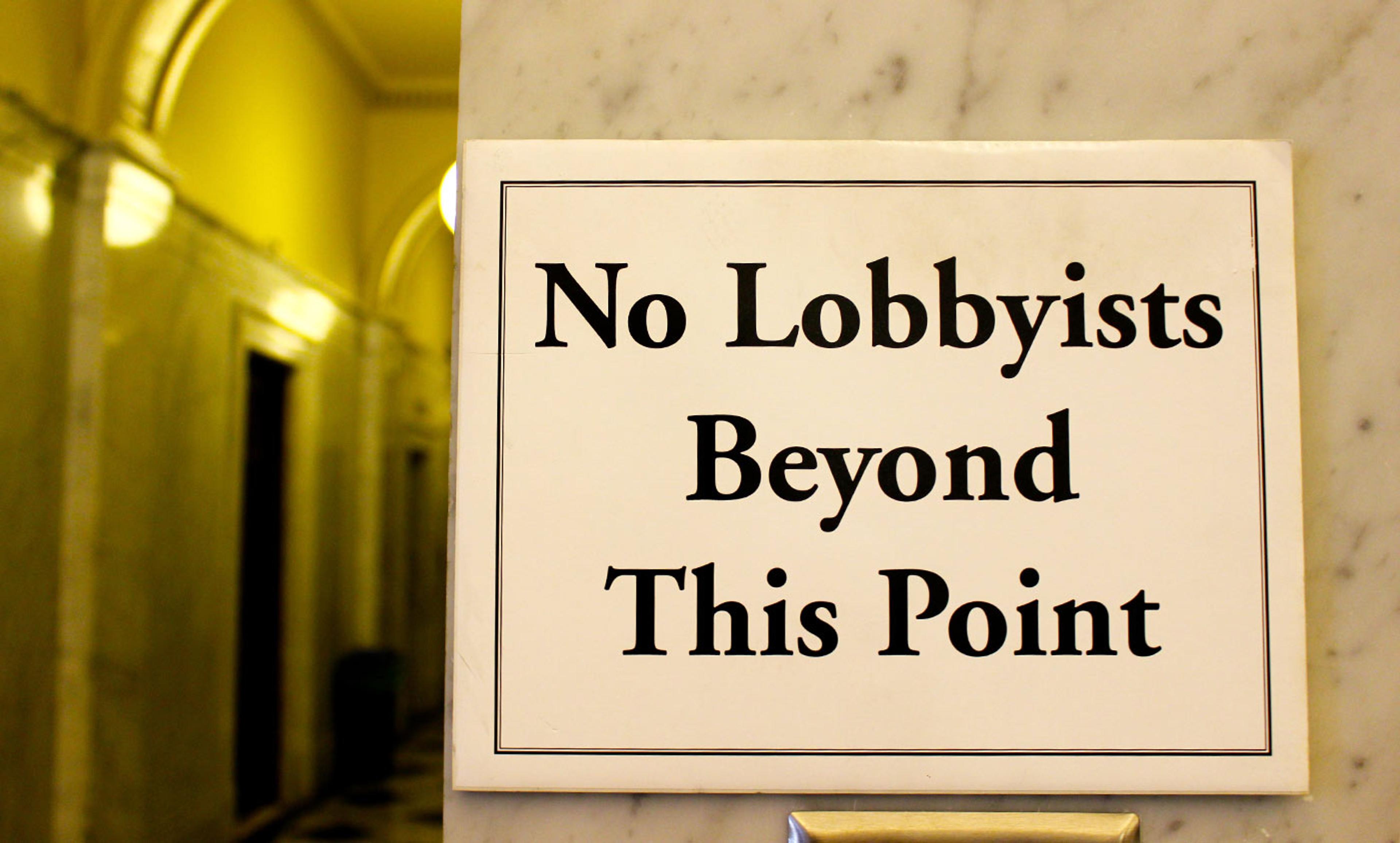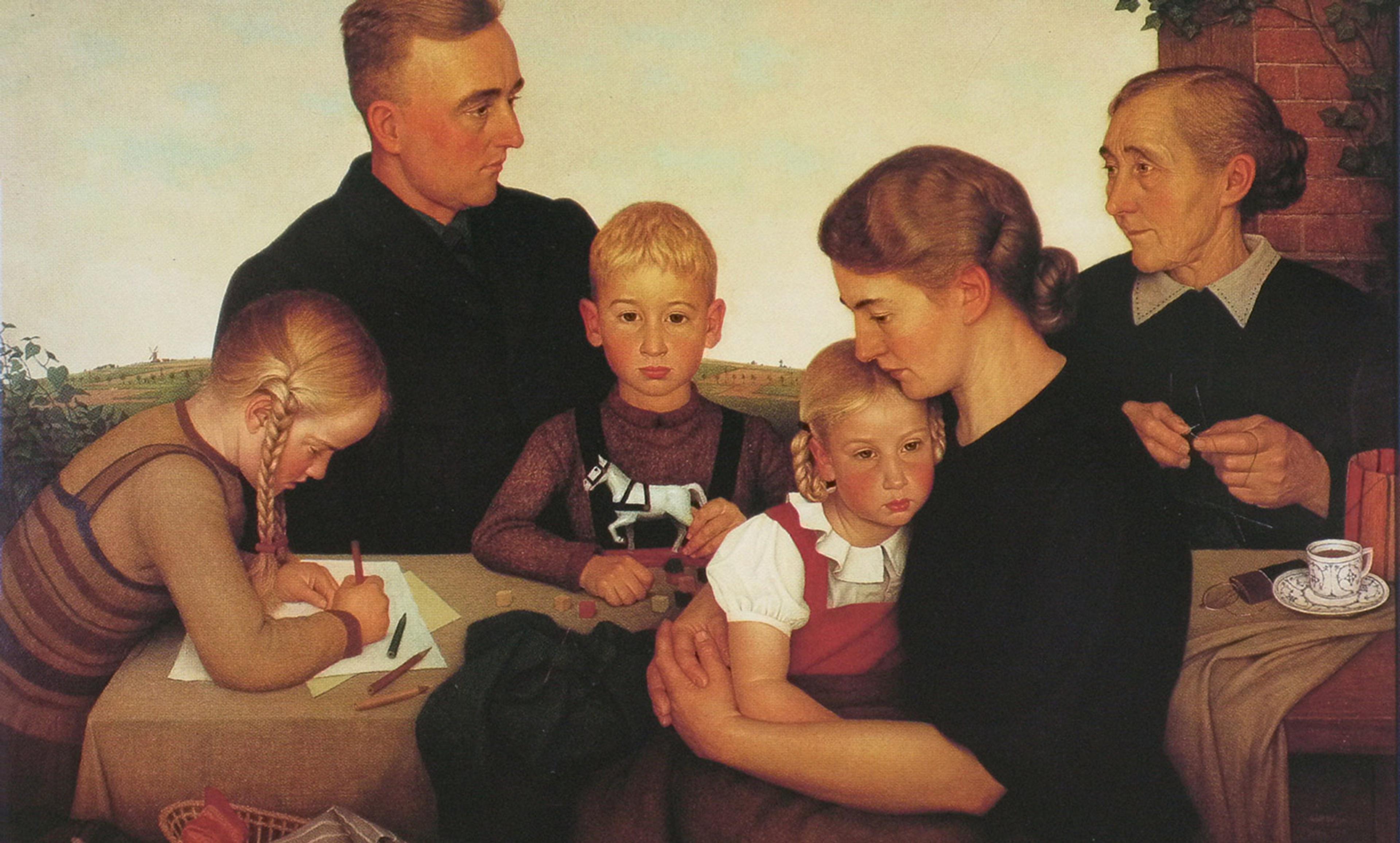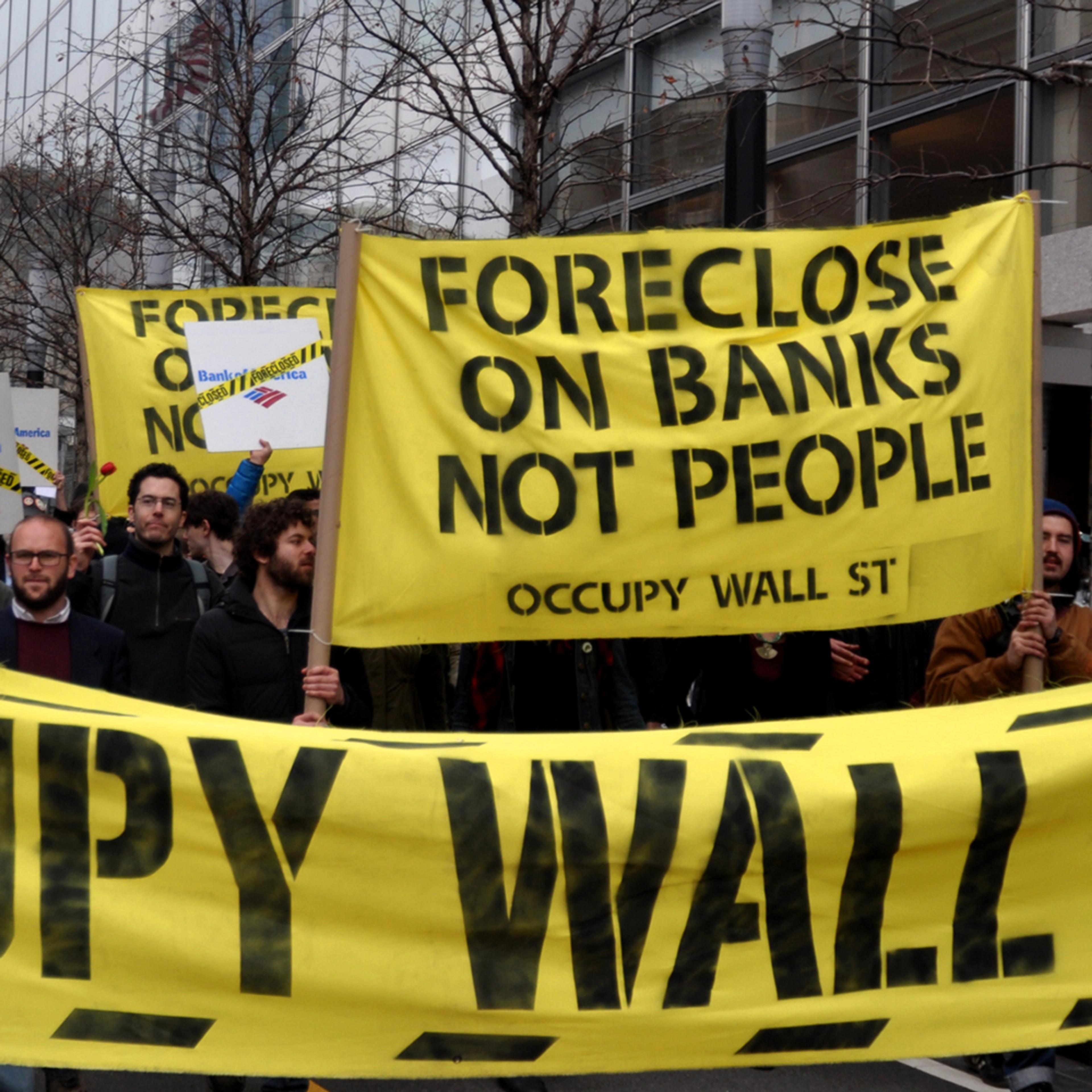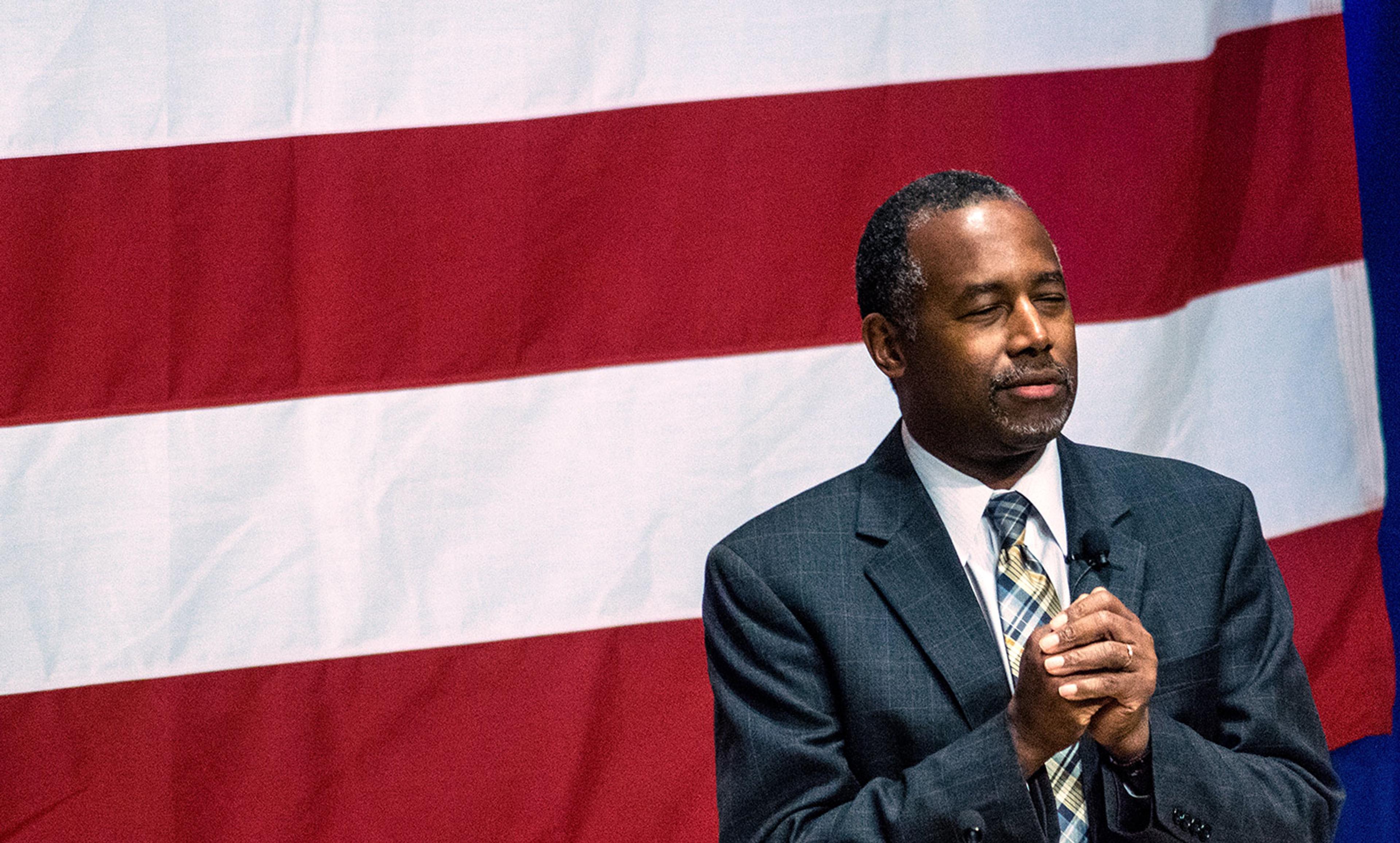People’s Party candidate nominating convention held at Columbus, Nebraska, 15 July 1890. Courtesy Wikipedia
The words populism and populist have no simple, coherent meaning. But that doesn’t mean we can’t understand in coherent and relatively simple terms how and why they have emerged now, as key words of our moment. The word Populist first appeared in 1891, as the proper name of a dynamic movement launched by farmers and workers in the Midwestern and Southern United States. They set out to challenge the control of corporate capitalists over their lives. Although the party faded within a decade, the words populism and populist have endured.
No one is more responsible for shaping the way we understand populism than the influential historian Richard Hofstadter, and when influential scholars err, that error can flourish. Writing during the early years of the Cold War, Hofstadter argued in The Age of Reform (1955) that members of the late 19th-century Populist Party were not small farmers losing their grip on independence. Instead, they were aspiring capitalists who, reeling from their loss in status, gave expression to their reactionary political concerns in backward, anti-Semitic and anti-modern ways. Hofstadter was writing at the height of the anti-communist crusade of the US senator Joseph McCarthy, and it’s easy now to see him trying, through his rendering of the Populists, to understand Americans who supported McCarthyism.
By the 1970s, spurred in part by criticism from the historian C Vann Woodward, Hofstadter conceded that he had created more of a caricature than a historical interpretation of the Populists. Nevertheless, the cavalier and at times derogatory use of populist has endured and adapted to describe everything from the tough-talking anti-integrationist politics of the Alabama governor George Wallace to the inclusive, broad-based appeal of the former president Barack Obama.
Like all key words, perhaps especially of political life, populist and populism are important for what they exclude, for what they lead our attention away from, as well as for what they state directly, and indirectly. As used today, populism reflects our polarised political landscape and the backlash against Obama’s presidency. It is meant to capture the disaffection and fear that many white Americans and Europeans feel about how globalisation and deindustrialisation have narrowed the horizons of their lives. The word allows those who invoke it to take seriously the concerns of white working-class people, while also downplaying racism. Just as importantly, however, populism consigns the same problems that shape the lives of African Americans, most of whom are working class, to some other realm or domain of race, or race relations.
The problem isn’t just using the word populist as a euphemism for racism and ethnic chauvinism. The term also helps to reproduce the very ideology that has trapped white working-class people by reinforcing the idea that they are not supposed to experience the same social and economic problems as everyone else. White workers outraged over the economic difficulties they’re facing get a movement with a name; the economic hardship that non-white working people face is ignored. The implication is that white working-class people are the members of society who are supposed to be financially secure or comfortable – that they have a birthright to prosperity.
In the US in particular, the word populist helps to perpetuate a vicious double standard: economic inequality, toxic drinking water, drug addiction, police terror against citizens and more are within the realm of normality for predominantly black and Latino communities. But when white people are so afflicted, it’s an unacceptable transgression. Of course, such iniquities are transgressions whenever they occur. But the presumptions that inform the word populist in the US give the clear, and false, impression that white people have economic interests in need of protection, but black or brown people have fundamentally different interests fully shaped by being black or brown people. When such an ideology prevails, it dims prospects for coalitions across the colour line.
Mainstream journalists and commentators aren’t setting out to undermine the prospect of intersectional political cooperation. But the term populist serves the commercial interests of journalists competing for a wide audience by allowing them to bring to the reader or viewer’s mind the bigotry of some white voters without having to directly call them racist. As the scholars Barbara J Fields and Karen E Fields have shown in books such as Racecraft (2014), the US has a lot of sanitised euphemisms for racism.
The ‘Make America Great Again’ slogan also fits with the nostalgia that Hofstadter attributed to the original Populists, claiming that they were yearning for the return of a past that had never really existed. But Hofstadter was wrong in dismissing the original Populists as consumed by nostalgia. They were responding to real and harmful changes, just as is today’s white working class.
Dismissing the grievances of the original Populists, or today’s populists, helps to deprive the Western world of the opportunity to consider redress to the present predicament. The original Populists held and nurtured a real democratic promise, a promise inherent in a decades-long political mobilisation and establishment of a political party. They grasped some big and enduring social, political and economic problems, and they offered concrete, democratic ways to respond to concentration and distortion of political and economic power. There are lessons there for working people now.
Today, half a century after Hofstadter’s influential interpretation, scholars understand better that the Populist Party made revolutionary contributions to advancing democracy, and that it succeeded, however briefly, in building a political coalition of black and white farmers more than a century ago.
They came together in opposition to the unequal distribution of wealth and income, the unjust concentration of political power in the hands of the wealthy, and the big-business corruption of government and government selling out to business. Many organisations, cooperatives, societies and unions, for example the Grange, the Knights of Labor and, most importantly, the Farmers’ Alliance (founded in Texas in 1875) preceded and led to the Populist Party. These were not necessarily small organisations. In Georgia alone, by 1890, the Farmers’ Alliance grew to 100,000. The Alliance disciplined and groomed legions of men and women who would eventually join the ranks of the Populist Party as organisers, supporters or office holders.
The Southern Farmers’ Alliance was a direct predecessor of the Populist Party. It called for the abolition of big banks, proposed their own alternative banking system, wanted the federal government to control credit and money, and fought for an increase in the supply of money in circulation by employing the free coinage of silver. The Alliance sought to break up monopolies, institute an eight-hour law for labour, and to turn railroad and telegraph lines over to the control of the government.
It’s important to remember the Farmers’ Alliance not because it preceded the Populist Party, but because it also makes so clear how the grievances that moved people to populism then, as now, are not the exclusive provenance of white men. Black men and women played a vital role in the Farmers’ Alliance, and the early part of the populist movement: they founded the Colored Farmers’ Alliance – whose members numbered 1.2 million in 1891 – to promote self-help, mutual aid and improved farming techniques. They organised a cotton-picker’s strike to protest working conditions and push for more pay. Their political activism, and the fusion of political parties that led to the Populist Party, makes it clear that Populists were not motivated by misplaced nostalgia for the agrarian past. Far from longing for slavery days, they were courageously engaged with the present while creatively looking to the future, motivated, to safeguard their ability to live a decent life.
Looking back, what is truly exceptional about the original Populist Party is not their later xenophobia, but their early achievement of perhaps the rarest, and most powerful of American political achievements: an alliance of working people across the colour line. Jim Crow was a direct response to Populism. If Donald Trump and Marine Le Pen bear a resemblance to figures from this history, it is not to leaders of the Populist Party. Rather, it is to ‘Pitchfork Ben’ Tillman of South Carolina or Furnifold Simmons of North Carolina, demagogic politicians who used the language of white supremacy to destroy the Populist Party and to stifle its democratic potential.
Our difficulties today are far removed from what the Populist Party tried to tackle. But their movement can nourish our imaginations. Their extraordinary political action rested not on crass talk and juvenile tweets, but on mobilisation, organisation on the state and local level, and on concrete proposals to improve people’s lives.
